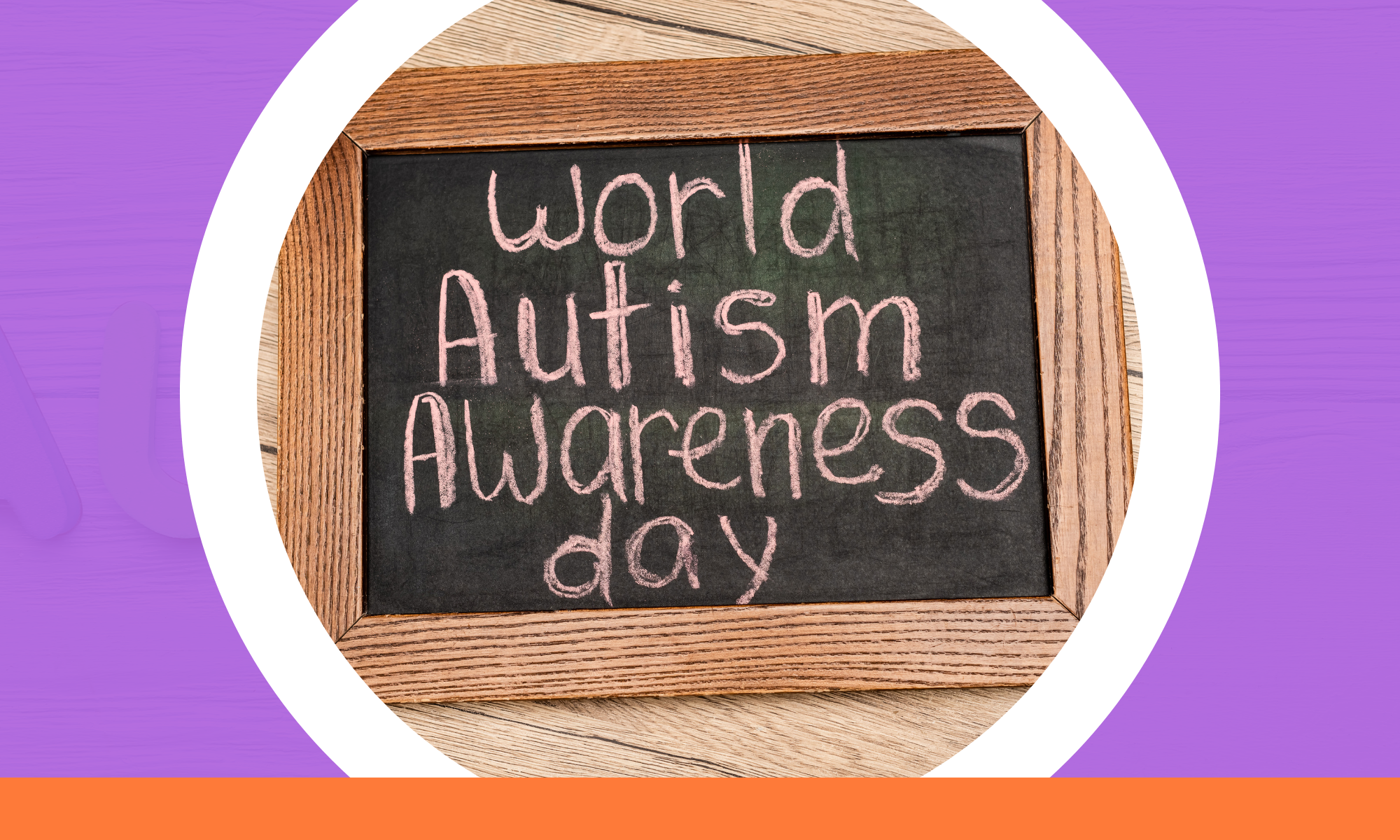Championing The Way With Neurodivergent Affirming Language
Neurodivergent affirming language means using words and phrases that recognise and respect individuals with autism. Language changes over time, and terms that were okay in the past may not be acceptable now. Neurodivergent-affirming language is the kind of language preferred by the neurodivergent community and this is why it is important to stay informed about language updates that are considered to be more appealing to families and individuals with autism.
At our Autism Assessment Centres, we are committed to championing neurodivergent-inclusive language. Our aim is to provide families with a sense of empowerment and control of their own environment. By maintaining the right culture during assessments from the right people with the right skills and knowledge, it builds better relationships with children and families to ensure comfortable and accurate assessments.
Miren Goikoetxea, Project Manager of our Autism Assessment Centre says:

We pride ourselves in completing high-quality reports that are needs and strengths-based for each young person that attends our clinic. This ensures they know we understand them and are focused on each individual and their unique needs.
How To Be A Neurodiversity Champion

Respect, Dignity and Inclusivity
Using appropriate language helps in respecting the identities and experiences of neurodivergent individuals. It affirms their individuality, rather than reducing them to their conditions. Neurodivergent language promotes inclusivity by ensuring that communication is accessible to everyone, regardless of their neurological differences. This helps in creating an environment where families and individuals feel valued and dignified within their communities. Our Autism Assessment Centres always ensure we portray the language that demonstrates this and we support families in respectful ways while guiding them through our assessment process.
Reducing Stigma and Creating Empowerment
When neurodivergent individuals see their experiences and identities reflected accurately and respectfully in language, it can boost their self-esteem and sense of belonging. Our team will always listen to and support the children and families who come to us to ensure they feel empowered and cared for. By using neurodivergent-affirming language, it helps to reduce the stigma associated with neurological differences. It challenges stereotypes and misconceptions as well as promoting a more accurate understanding of neurodivergence.
Education and Awareness
Appropriate language raises awareness which can lead to better support systems, policies, and practices that accommodate neurodivergent individuals. Neurodivergent language is a tool for advocacy. Our clinicians are experts in their field and bring with them years of experience, advanced skills, and an outstanding knowledge base. This helps in advancing the rights and interests of individuals, pushing for societal changes that recognise and accommodate neurological diversity.
The Double Empathy Problem and Mismatched Communication
The double-empathy problem (DEP) suggests that miscommunications between autistic and nonautistic people mainly happen because both sides struggle to understand each other, not because autistic people have social communication problems. Mismatched communication between neurodivergent and non-neurodivergent individuals often stems from differences in processing and expressing information. Neurodivergent individuals may prefer direct and clear communication, while non-neurodivergent people might rely on social cues, implied meanings, or non-verbal signals. These differences can lead to misunderstandings and feelings of being unheard on both sides. Effective communication requires mutual understanding and the willingness to adapt to each other’s communication styles, fostering an inclusive environment.
Autistic Individual Challenges
Non-Autistic Individual Challenges
Examples of Neurodivergent Affirming Language
Using language approved by the community helps fight stigma and obstacles. When discussing autism in general, use the language recommended by the community. The use of neurodivergent language is crucial in fostering a society that values diversity, promotes equity, fosters awareness and ensures that everyone is treated with respect and dignity.
We are proud to be at the forefront of promoting neurodivergent-inclusive language. By setting high standards and pioneering change, we demonstrate our commitment to creating a respectful and inclusive environment for everyone. Embracing neurodivergent language not only reflects our values but also ensures that all voices are heard and valued. We believe that by championing the way, we can inspire other organisations to follow suit, fostering a more inclusive society for all.













